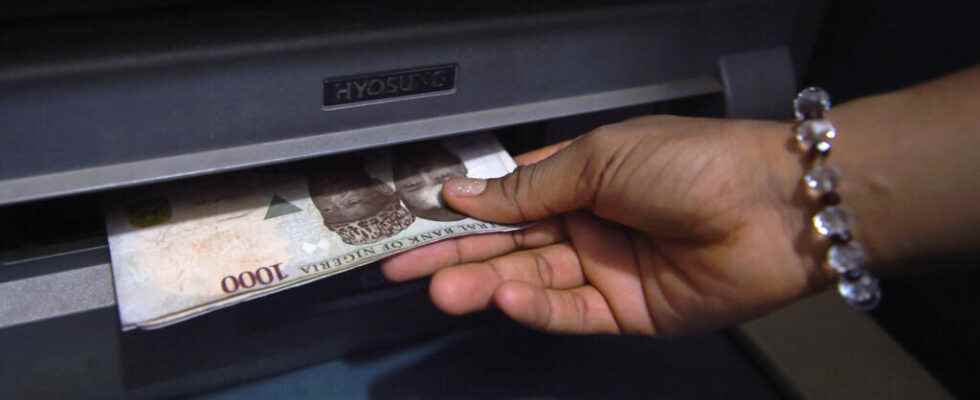In Nigeria, the Central Bank (CBN) is still in turmoil, after its decision to replace banknotes with new ones and drastically limit cash withdrawals from January 9. Faced with numerous criticisms, the CBN has however agreed to show flexibility, by significantly increasing the withdrawal caps it has decided to impose to encourage the transition to a demonetized economy.
With our correspondent in Lagos, Liza Fabbian
The weekly withdrawal limit is raised to 500,000 naira per week for individuals – around 1,000 euros – and 5 million naira for businesses, from 500,000 naira previously.
The CBN’s measure – aimed at promoting a “cashless” economy in Nigeria – has been extremely poorly received in the country. The decision to replace banknotes with new denominations by January 31 is equally criticized.
As evidence of these lingering tensions, we learned earlier this week that the Nigerian Secret Service (DSS) had requested the arrest of Godwin Emefiele, the Governor of the Central Bank – suspected of “ finance terrorism “, according to information from the Nigerian press.
This appeal was dismissed by a judge in Abuja, in the absence of a signed agreement from the Head of State and on the grounds that the functions of the person prosecuted were not clearly mentioned in the documents sent to the courts. .
The President of the Senate denounced an attempt to ” instrumentalization of state services » and points the finger « The politicians who would be hampered by the latest measures of the Central Bank, which aim, among other things, to limit the possibilities of buying votes before the elections.
In addition, the World Bank has warned Nigeria against this rapid demonetization of its economy, which could “ hard hit the poorest households “.
► Read also: Nigeria limits cash withdrawals and creates controversy
